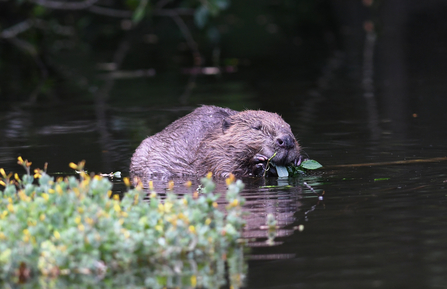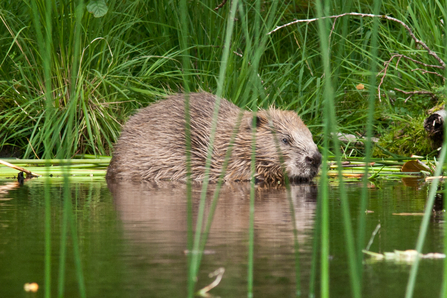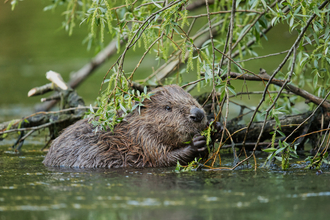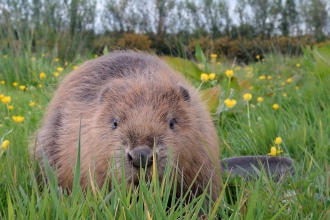The Wildlife Trusts are extremely concerned after legal protections for beavers – due to be laid in parliament today – were pulled at the eleventh hour. The decision puts in jeopardy ambitions to see wild beavers return to England, and will have damaging impacts for nature, climate, and communities.
Beavers are key to creating thriving wetland ecosystems – which are critical for climate adaptation –and provide a wealth of benefits for nature and people. A change in legal status would make it an offence to deliberately capture, kill, disturb, or injure beavers, or damage their breeding sites or resting places – without holding the appropriate license. The legislation was scheduled to come into force on 1st October.
Natural England is also developing guidance on the management of beavers, setting out which actions will or will not require a licence, and where people can go for advice.
The Wildlife Trusts are extremely concerned that protections could be abandoned for “nature’s engineers”.
The charities also call for flexible and practical management guidance and – crucially – incentives for landowners to make space for beavers on their land.





